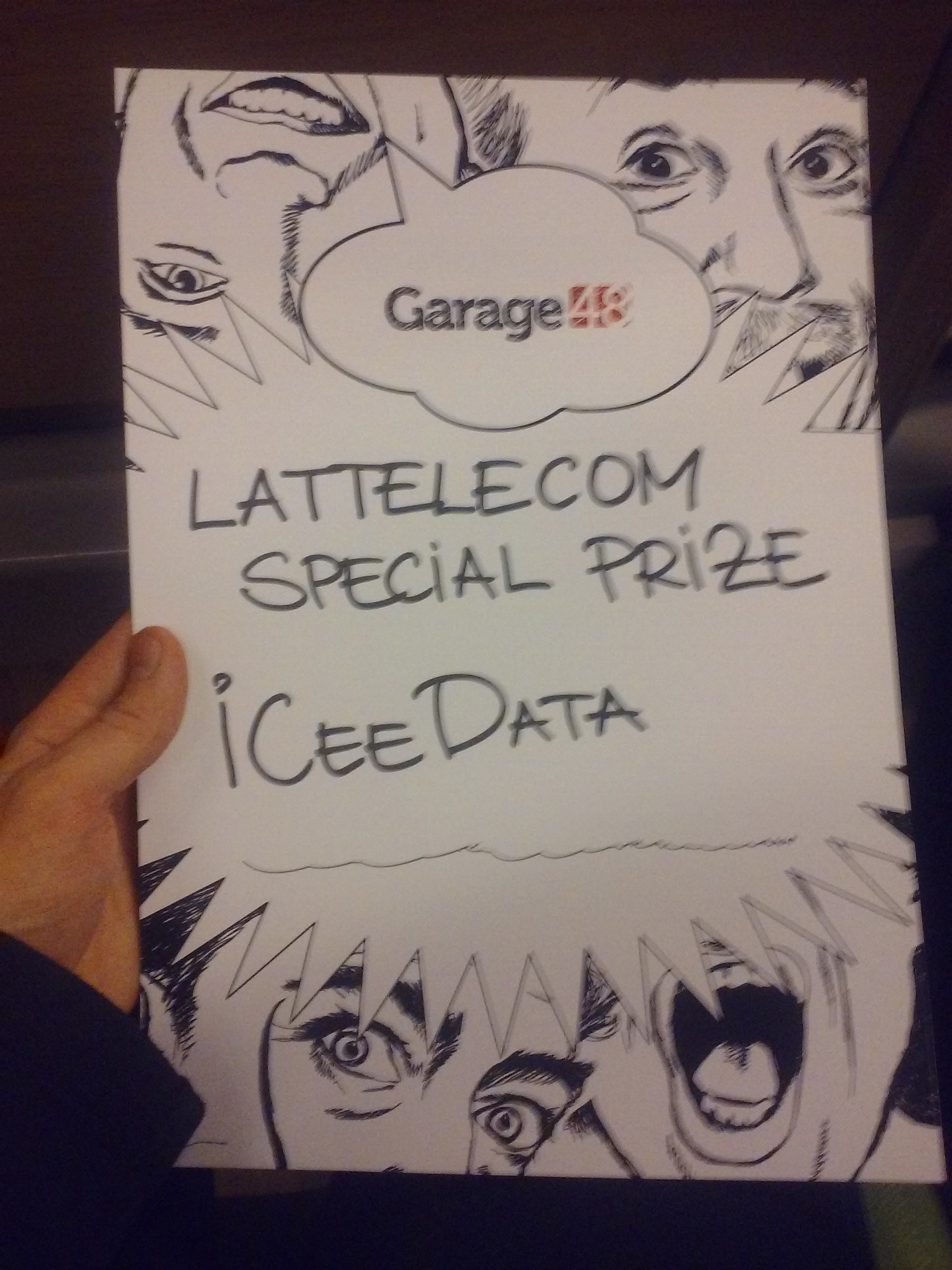It was the last day. I went to sleep late again, trying to capture transmissions that'd look at least remotely like DBPSK.
I had some good news - some parts of what I was receiving certainly looked like clear DBPSK! Moreover, I could decode them just by looking at them long enough. However, only some packets looked like this. Neighbour packets looked like complete garbage. It was clear some filtering would be involved. Not only that, of course - also determining the reasons why packets were looking like garbage and fixing those. Having a couple of croissants with bacon on the table also contributed to my levels of happiness.
What didn't was the fact that we had no packets decoded. Step 2 was not available without at least filtering some packets, and step 3 wasn't available without any decoded data. We were kinda stuck on step 1 because of some reason I couldn't even determine. Therefore, we didn't have nothing cool to show. For me, it was clear I had to concentrate on after-hackathon development.
That became a topic of the talk with a mentor from the hackathon mentor team. He came to us to check our development status, and it became a quite valuable discussion. Bullet points about the conclusions we've reached:
- We, being a research project, should try to get a devkit from the manufacturers who made the communication chips inside both the ICD and the base station. BTW, here's the datasheet, and here's the "datasheet preview".
Why? Simple. We could get hardware operating on the necessary frequencies so that we could first train our data acquisition techniques, basically, implement "1: Intercept" and "2: Decode" parts using hardware we fully control so that it'd be easier to test all the quirks of our software part before trying to work on the real equipment.
- We should definitely make a better antenna. Even a piece of wire of the necessary length would do, I wonder why I haven't thought of it earlier.
- We should get more eyes on the data we collect. The more people are observing it, the more likely we can have suggestions about the possible packet structure, protocol details, or maybe even get some information from the people working in the industry.
The presentation was coming. We had mockups, we even had a Raspberry Pi running the capture block and showing things on a 16x2 display. We didn't have any decoded packets of data though. It's literally hundreds of packets sent in one transmission. You cannot not automate this thing, and decrypting a couple of packets manually purely for showing off wouldn't have had made sense.
However, we had shown the first steps are entirely possible. There aren't any permanent roadblocks which'd stall the development. No encryption, no indecipherable data. We knew we had to improve our methods, and we decided to present everything we've got.
Thus, the hackathon ended. We won a prize from a Latvian telco company:
 It's something along the lines of "storage space and processing power for data storage, processing and visualisation". We haven't received the details yet, but not that it matters - it's a good start anyway.
It's something along the lines of "storage space and processing power for data storage, processing and visualisation". We haven't received the details yet, but not that it matters - it's a good start anyway.
Now that I've outlined the details, it's time for a conclusion post.
 Arya
Arya
Discussions
Become a Hackaday.io Member
Create an account to leave a comment. Already have an account? Log In.